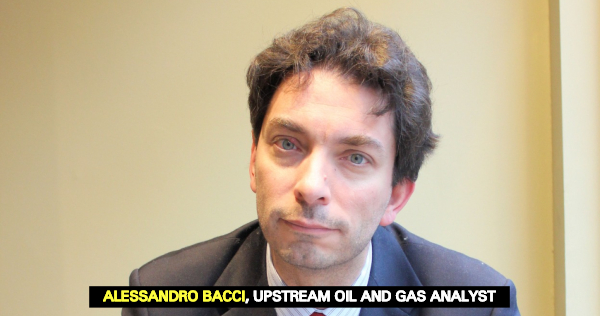A few weeks ago, Head of Guyana’s Energy Department, Dr Mark Bynoe, articulated that moves would be made to ensure royalties in oil contracts are raised in future contracts. But if Guyana goes ahead with this plan, its scope for adjustment will be limited if it wishes to retain its competitiveness says Alessandro Bacci, Upstream Oil and Gas Analyst at GlobalData. This entity happens to be one of the world’s leading data and analytics company.
Under the current contract structure, Bacci said that Guyana may push its royalties up to a 5% rate from the current 2%. Beyond that threshold, he opines that it may diminish the attractiveness of the country’s petroleum fiscal framework for investors.
The analyst said, “GlobalData assessed the profitability of a Guyanese offshore development at the 2% royalty rate applied to ExxonMobil-operated Stabroek license, and at increased royalty scenarios of 5%, 10%, and 15%. This assessment shows that raising the royalty rate above 5% could make potential returns under Guyana’s fiscal regime significantly less competitive than under the regimes of regional rivals, such as Brazil and Suriname.”
Since the initial negotiations with ExxonMobil, Bacci noted that there has been a lot of attention on the royalty rate as if this were the only source of government take. The analyst says however that this is a misrepresentation of the Production Sharing Agreement (PSA) structure.
Bacci said that the reality is that the PSA model has a 75% cost recovery with the remaining 25% profit oil equally split between the licensees and Guyana. The analyst noted that the minimum effective royalty rate paid to the government is 14.25% of the gross revenue. For Liza Phase One, Globaldata he said expects that Guyana will have a free cash flow for the government higher than 50%.
The analysts stated, “If Guyana wants to have a royalty rate in line with the average PSA royalty rate across the globe, i.e., between 10% and 15%, it must change the structure of the current PSA so it doesn’t lose competitiveness. Alternatively, it might slightly increase the royalty rate while maintaining the current PSA structure or introduce a sliding scale with royalties increasing with profits.”
Further to this, Bacci asserted that the current framework attracted major oil companies such as ExxonMobil, Total, Tullow, Hess, Repsol and Anadarko. “But, if fiscal changes make the regime less competitive, it could limit future exploration,” the analyst opined.













